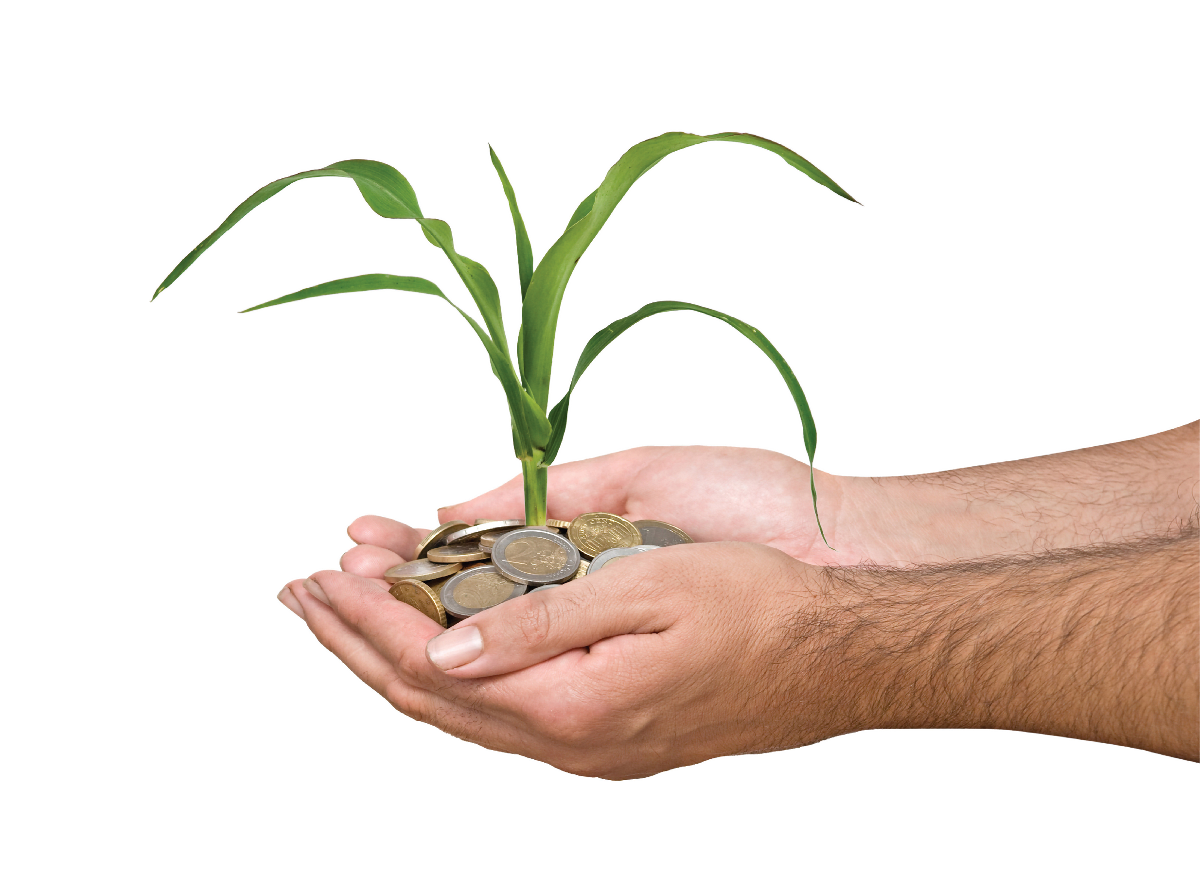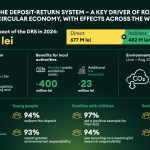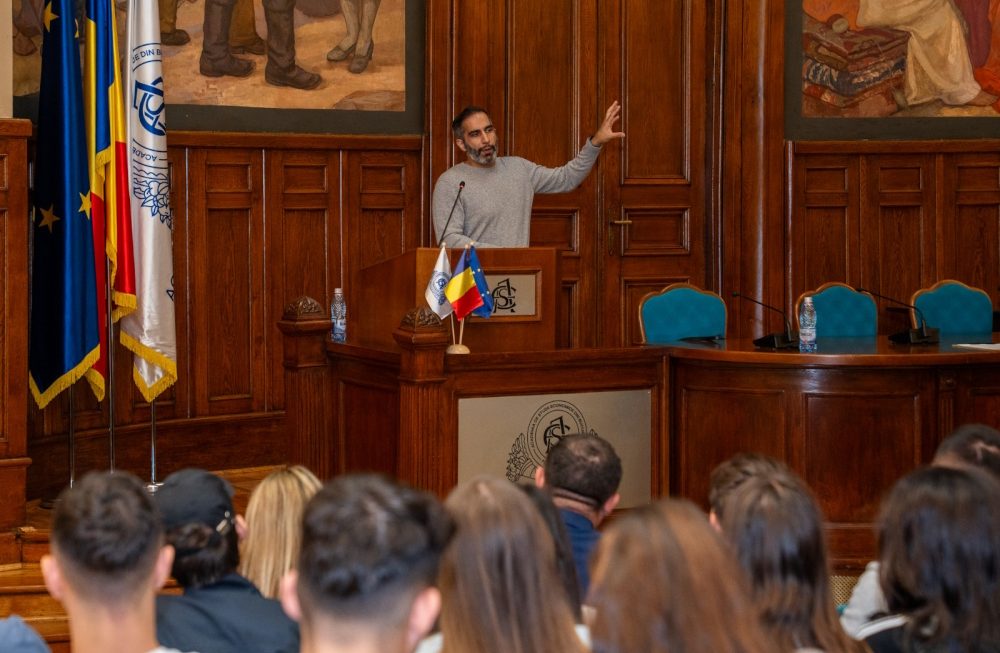
Conflict ricochets
Foto: vaeenma/ depositphotos.com
Russia’s invasion in Ukraine is having unforeseen consequences for the internal cohesion of the European Union, affecting one of its core common policies – trade.
There is widespread frustration among Eastern European farmers over the compensation they receive from Brussels after cheap Ukrainian agricultural products flooded their home markets and prices collapsed. The situation is rooted in decisions made in the early stages of the invasion, when it became clear that Ukrainian grain production and exports would be hit hard by the military operations – an issue of global importance, since Ukraine sells massive amounts of wheat and corn to Africa, and without them the threat of famine would become very real. The European Union quickly decided to come to Ukraine’s aid and to keep the grain export alive. The so called ”Solidarity Lanes” would use the logistical infrastructure of EU countries to move Ukrainian agricultural products westward and out into the world – a huge challenge, as exports had previously been shipped almost exclusively via the Black Sea, and Ukrainian ports there were no longer viable. The road, barge and rail links between Ukraine and EU countries such as Poland and Romania, which had been neglected for years, had to be extensively rehabilitated. Combined with the grain export deal brokered by Turkey and the UN, this ensured the delivery of much-needed produce to world markets.
But Brussels went a step further. From June 2022, it decided to suspend the tariff restrictions provided for in the EU-Ukraine Association Agreement, namely import duties on industrial goods, the application of the import price system for fruit and vegetables, all tariff quotas for agricultural products, and anti-dumping duties.
As a result, the European market was suddenly flooded with grain and other products from Ukraine, because not everything is exported to the rest of the world. Agribusiness associations from Central and Eastern Europe knocked on politicians’ doors and reported that Ukrainian grain farmers were producing cheaper – apparently as much as 100 euros cheaper per ton of wheat compared to Romania, for instance – and that the grain was therefore sold for dumping prices.
In Brussels, calls for compensation for the losses grew louder. The European Commission tapped into a crisis reserve to help farmers. But the 56 million euros is far from enough, even if national governments were allowed to match the aid. Romanian farmers alone estimated their losses at 200 million euros. According to Kiev, in 2022 Romania even became the largest importer of Ukrainian grain with a share of almost 14% and 1.24 billion euros, replacing China at the top of the ranking. In 2022, the amount of agricultural imports increased twenty times.
But while Romania provided 60% of the transit of Ukrainian grain, it received barely 18% of the compensation, only about 10 million euros, far behind the nearly 30 million euros and 16 million euros for Poland and Bulgaria, respectively, farmers criticized. The Commission countered that, at least as far as Romania was concerned, Ukrainian imports had replaced crop losses by domestic producers due to drought, so there was no surplus of grain on the market to begin with.
At the March European Council meeting, President Klaus Johannis accused the Commission of failing to take into account Romania’s ”immense sacrifice” in facilitating Ukrainian exports to world markets. Bureaucratic approaches (to calculating losses) left question marks over the Commission’s good faith, the president said. Brussels was quick to make amends. Commission President Ursula von der Leyen relented, thanking Romania for taking the initiative and proposing to increase the amount of compensation for farmers in countries on the external border – money that would have been only a first step anyway.
Poland, Bulgaria, Slovakia, Romania and Hungary have jointly demanded automatic support mechanisms for farmers in an open letter to the Commission President. If all else fails, the five countries also want the EU to reintroduce import tariffs and quotas, not only for grain imports, but also for oilseeds, eggs, poultry, honey, sugar or fruit. In another exchange with Trade Commissioner Valdis Dombroskis, the five agriculture ministers did not hold back in venting their feelings – it was unacceptable that the entire burden of dealing with increased imports was being shouldered by just a few member states, they wrote.
Tired of waiting for the Commission to react, Poland, Hungary, the Slovak Republic and Bulgaria halted all imports, and in some cases even transit, of some or all agricultural products from Ukraine. Romania took a more measured approach. While acknowledging the problems and calling for action, Bucharest, after a video exchange between the two agriculture ministers, Nikola Solskyi and Petre Daea, said only that shipments would be sealed at the border and monitored in transit. In addition, the competent food safety authority will no longer inspect products from Ukraine only at their destination, but already at the border crossing. This will involve taking samples for quality testing in accordance with EU regulations, after product testing in another EU country revealed excessive levels of pesticides, the Romanian agriculture minister said. In Daea’s words, Romania remains ”the only gateway for the import of Ukrainian products”.
A solution to the market distortions is now being prepared at the EU level: Trade Commissioner Valdis Dombrovskis said in a video link that the measures taken unilaterally by Poland, Hungary, Slovakia and Bulgaria were illegal. After negotiations, the four countries accepted to stop going it alone and to allow the Commission’s proposals to be implemented, namely an import ban on wheat, maize, sunflower and rapeseed by June 5 while allowing the transit of good. The Union will also release 100 million euros to compensate affected farmers. What comes after June 5 ist still to be determined.
But whatever the future approach, the problems are also a measure of how difficult it will be to integrate an agricultural powerhouse like Ukraine into the European Union.
Alex Gröblacher
Share
Share















